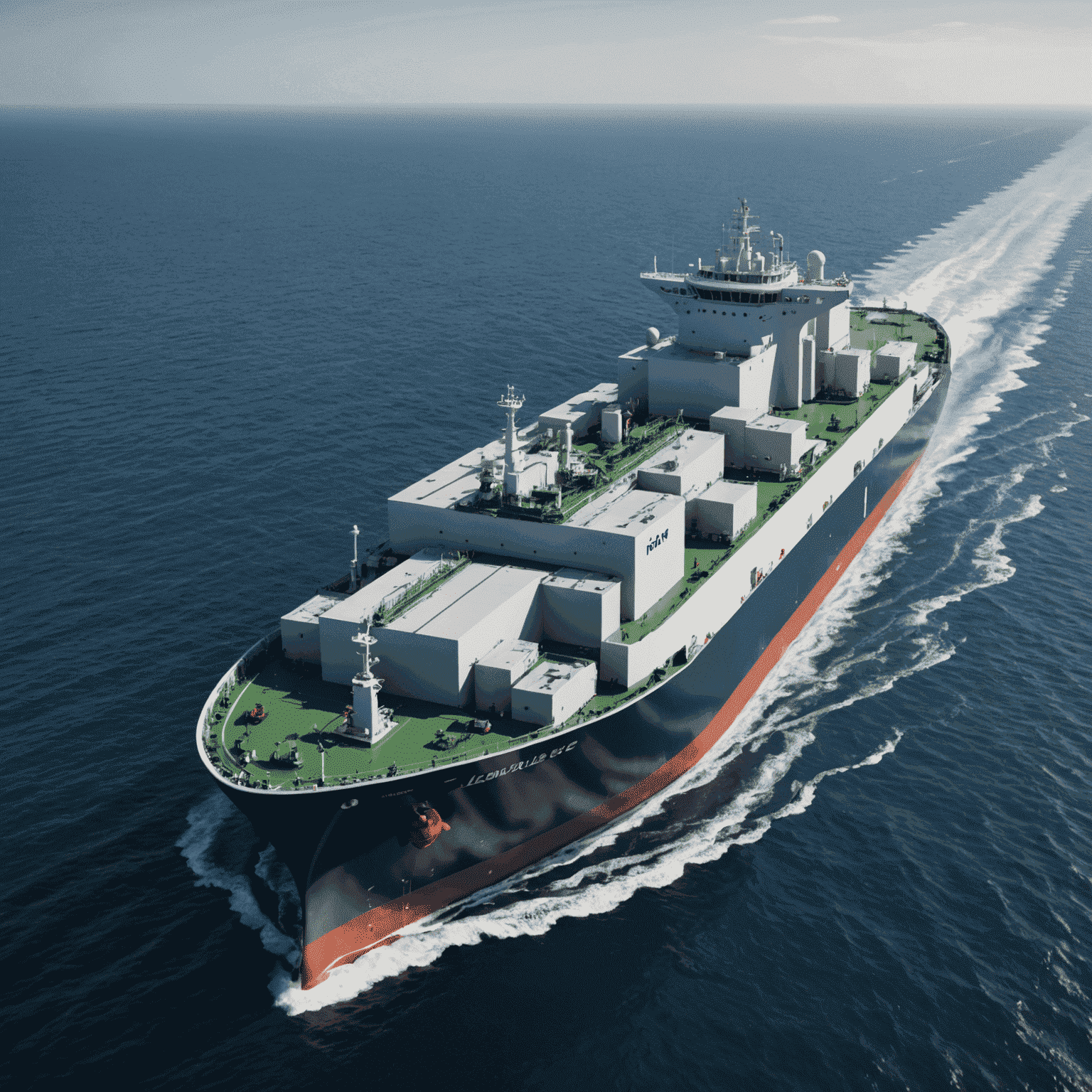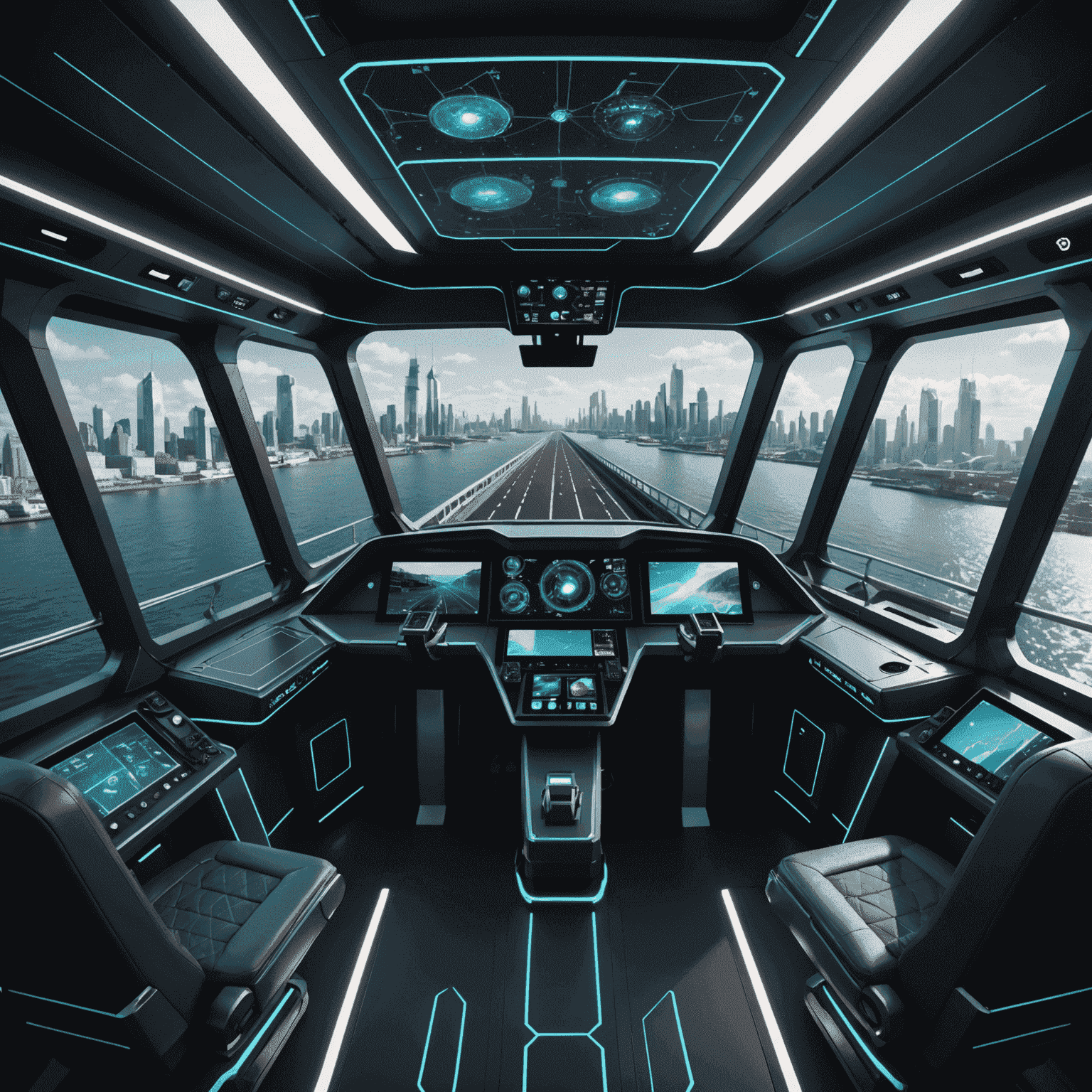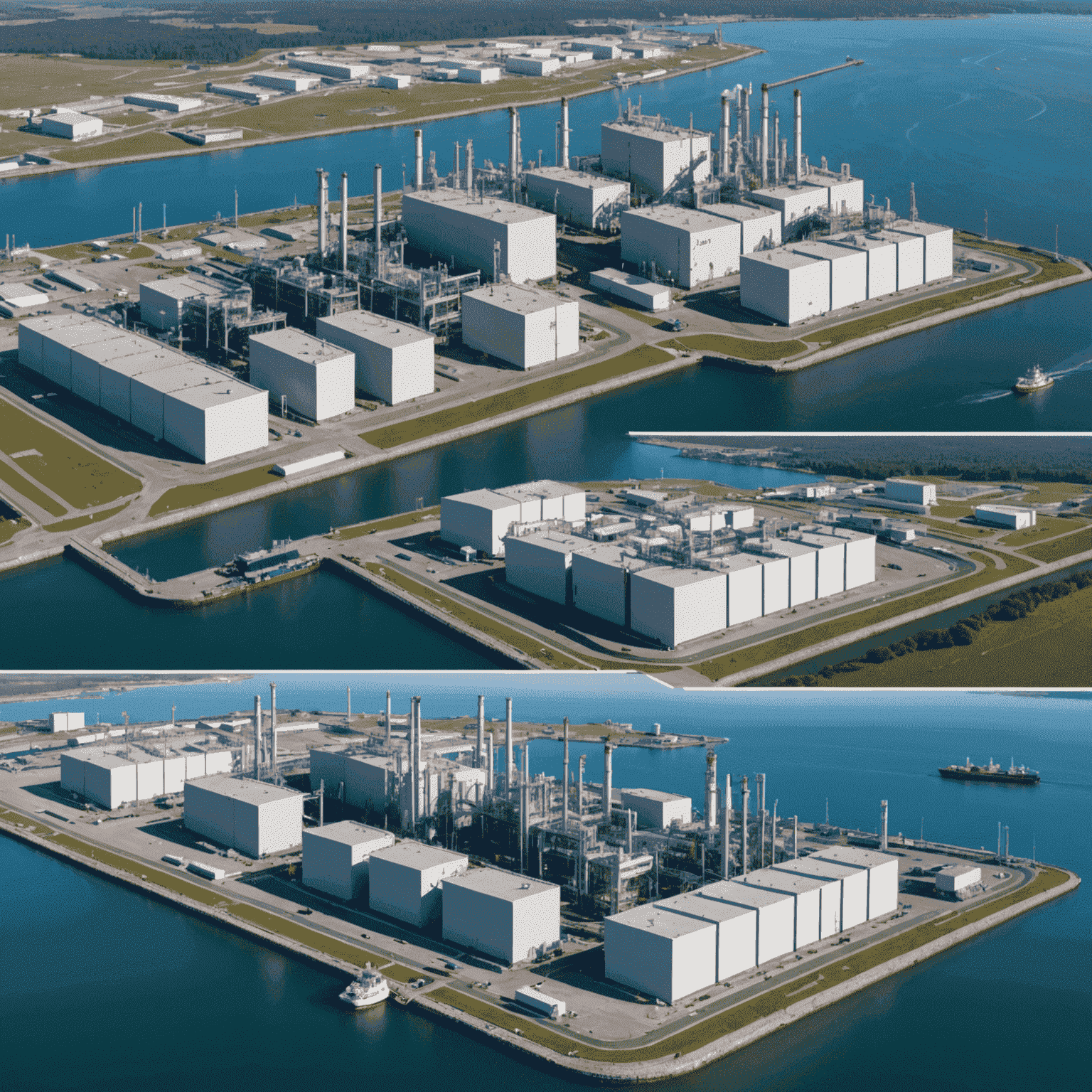Marine Gas Transport Innovations

The marine gas transport industry is experiencing a revolutionary transformation, driven by cutting-edge technologies and innovative methods. As a leading consulting agency in the gas industry, we're at the forefront of these developments, providing expert insights into the latest advancements reshaping the sector.
1. Advanced Containment Systems
New containment systems are revolutionizing how liquefied natural gas (LNG) is transported across oceans. These systems offer improved insulation, reduced boil-off rates, and enhanced safety features, allowing for more efficient and cost-effective transportation of gas products.
2. Smart Ship Technology
The integration of IoT devices and AI-driven systems is transforming gas carriers into intelligent vessels. These smart ships can optimize routes, predict maintenance needs, and enhance overall operational efficiency, leading to reduced fuel consumption and lower environmental impact.

3. Alternative Propulsion Systems
The industry is moving towards cleaner propulsion methods. LNG-powered engines, hydrogen fuel cells, and even wind-assisted propulsion technologies are being explored to reduce the carbon footprint of marine gas transport.
4. Cryogenic Materials Advancements
Innovations in cryogenic materials are enabling the construction of more durable and efficient gas carriers. These advanced materials can withstand extreme temperatures while maintaining structural integrity, leading to safer and more reliable transport vessels.
5. Digital Twin Technology
Digital twins are virtual replicas of physical gas transport systems. This technology allows for real-time monitoring, predictive maintenance, and scenario testing, significantly improving operational efficiency and safety in marine gas transport.

Conclusion
As a consulting agency deeply rooted in the gas industry, we recognize the transformative potential of these innovations. The future of marine gas transport is not just about moving gas from point A to point B; it's about doing so with unprecedented efficiency, safety, and environmental consciousness. By staying at the cutting edge of these technological advancements, we continue to provide our clients with the insights and expertise needed to navigate the evolving landscape of marine gas transportation.